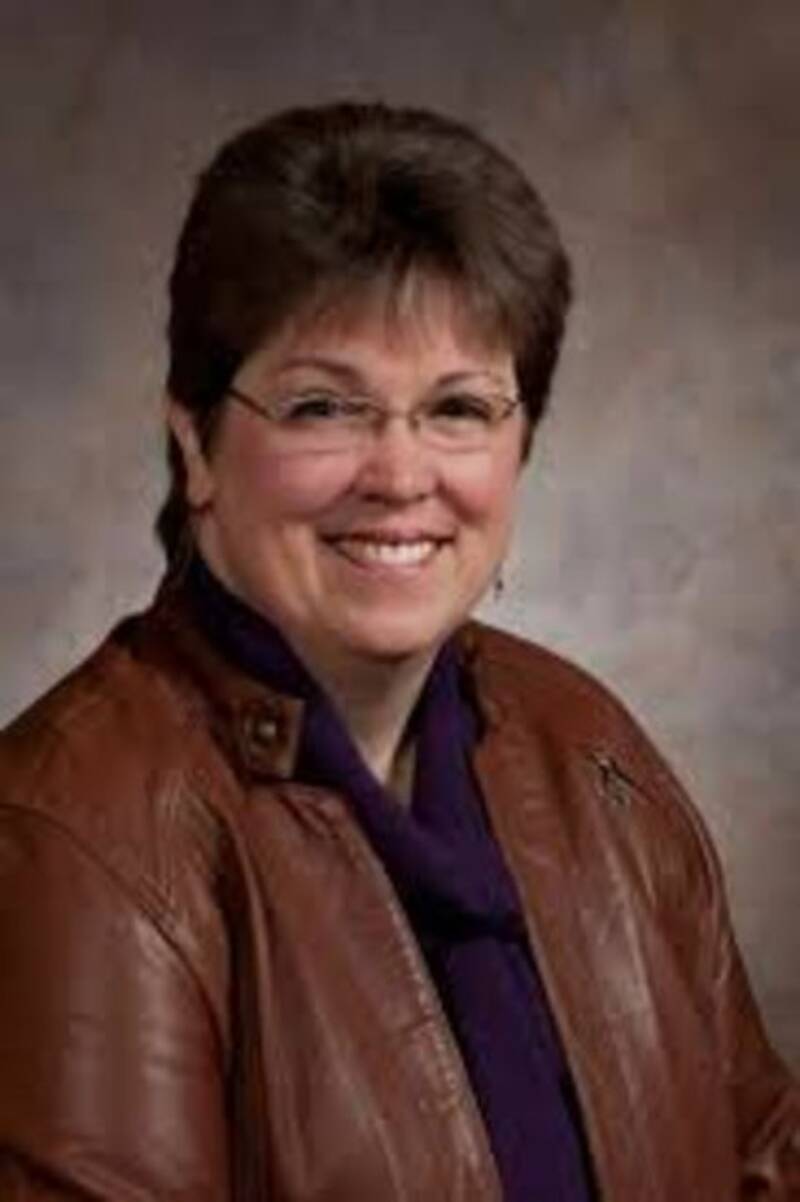“With more people working in Wisconsin…, we can’t afford to have anyone on the sidelines, we need everyone in the game,” stated Governor Walker, calling for a special session to take up bills he nicknamed, “Wisconsin Works for Everyone.”
The Senate Public Benefits, Licensing and State-Federal Relations Committee, of which I am a member, took up the special session bills in a recent public hearing. The 10 bills make substantial changes in eligibility for FoodShare (nutrition) or BadgerCare (medical care). Many of the bills limit assistance for families experiencing hard times.
To move things quickly, Senate and Assembly Committees met in a joint hearing – the only public hearing scheduled. Committee chairs took up all ten bills at the same time. At times, during the hearing, members were admonished by the Chair to ask only one question on all of the ten bills.
Lawmakers had scant information on the plans. Agency directors, who will carry out the new laws, knew very little about who would be affected. They could not answer questions about how much the state would pay to implement the new laws. No fiscal estimates were available at the hearing.
During the hearing, we learned about the hub of the Governor’s plan to get everyone working – the FoodShare Employment and Training program – commonly called “FSET.”
FSET is run by private companies. Curiously, our Assembly Chairman was a former employee of one of these companies.
Getting training and employment sounded like a great idea. I was eager to learn if the program really helped people. I wanted to know who would be participating under the new law.
About two-thirds of the people who get help from FoodShare cannot work. They are blind, elderly, disabled or children. Of the one-third left, nearly half are already working. Most folks are working part-time, low wage jobs. They want more hours, but can’t get them.
We heard about problems with the private contractors, including contractors that received incentives to get people into low-wage work, not training. In one case, a woman’s work experience was in fast food. She wanted to obtain her high school diploma, but the contractor sent her to another low-wage fast food job, without a chance to get back in school.
From her perspective, the program was a failure. From the state’s perspective, with her low wages, she would continue on FoodShare. Her life was not better. The state did not have fewer people on FoodShare. But the private contractors got paid.
I began to wonder, who’s working here and at what cost to taxpayers? Do we know if this program works? Has it been evaluated?
In brief, I learned that Wisconsin moved to a voluntary FSET program in 2008. In 2013, lawmakers asked for a yearly evaluation of the program. Walker vetoed the evaluations. In 2015, money was budgeted for a program evaluation. However, according to the nonpartisan Legislative Fiscal Bureau, by May 2017, no evaluation was completed. When I asked where was the $850,000 budgeted for evaluation, no one could answer the question.
Why wouldn’t the state want to know if the program is working? When I finally obtained the fiscal estimates, I began to see a very different story of who works and who pays.
If all 10 special session bills are enacted, the implementation and ongoing costs will be nearly $240 million in the next budget. In eight of the 10 bills, the state will pay a significant amount of new money to outside contractors. For example, mandatory FSET participation and incentive payments would add almost $50 million for the FSET contractors.
Many of the bills will allow the contractor to collect public money for program changes not currently allowed under federal law. The state will seek special permission from the Trump administration to make the changes.
Now, I see a new story. Private contractors stand to gain. Governor Walker has new initiatives he can brag about across the state. New employees will work for the now wealthier contractors.
But is Wisconsin Working for Everyone who is hungry, in need of health care, or child care – not so much. All of the organizations focused on helping the working poor testified against the bills.
Please tell your Legislators to Vote No!


Add new comment